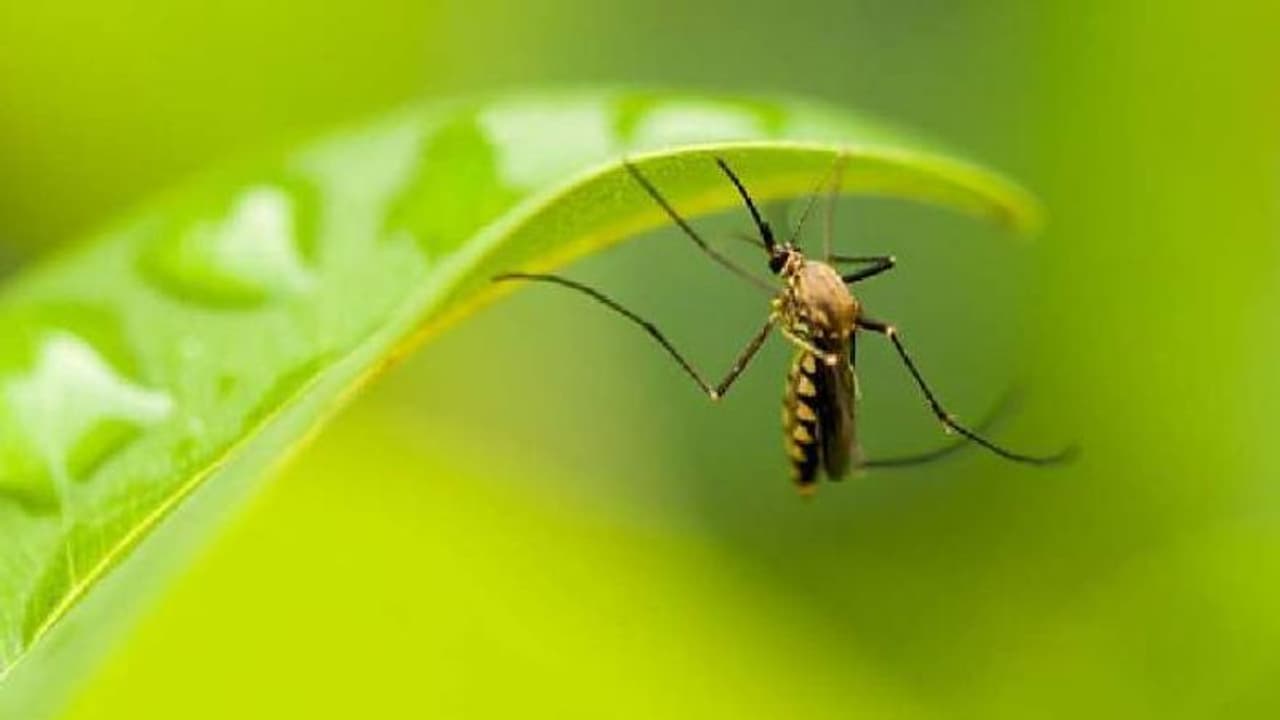Mosquitoes that spread Chikungunya are Aedes aegypti and Aedes albopictus. These mosquitoes may also spread dengue fever. Chikungunya can be passed from one person to another as well.
The viral disease, chikungunya, is a painful ordeal brought about by a simple bite of an infected mosquito. However, the disease can be passed on from person to person too.

The name chikungunya was coined in the Kiamonde language. Chikungunya means ‘becoming contorted’. This explains the condition of stooping due to joint pain.
Symptoms of chikungunya fever differ from that of normal fever. Symptoms may appear three to seven days after the patient has been bitten by an infected mosquito.
The symptoms of chikungunya fever include:
Acute joint pain
Nausea
Rashes
Headache
Fatigue
Preventive measures
The mosquitoes that spread chikungunya are active during daytime.
Use liquid vaporiser, mosquito repellents or fast cards for few hours of protection.
Wear full sleeved clothing and long pants. Minimise exposed skin.
Cover all water storage containers and keep surroundings clean.
Clean the trays of air conditioners and refrigerators.
Severe cases of chikungunya can result in neurological, retinal, and cardiological issues as well. People who are at risk of the severe version of the disease include new-borns infected around the time of birth, older adults (above 60 years) and people with medical conditions such as high blood pressure, diabetes or heart disease.
Chikungunya can only be detected by a blood test. There are no vaccines for the disease.
There is no real treatment for chikungunya as well. Most people get better on their own and recover completely. But joint pain can last for a few months. Patients should drink plenty of liquids and get a lot of rest.
